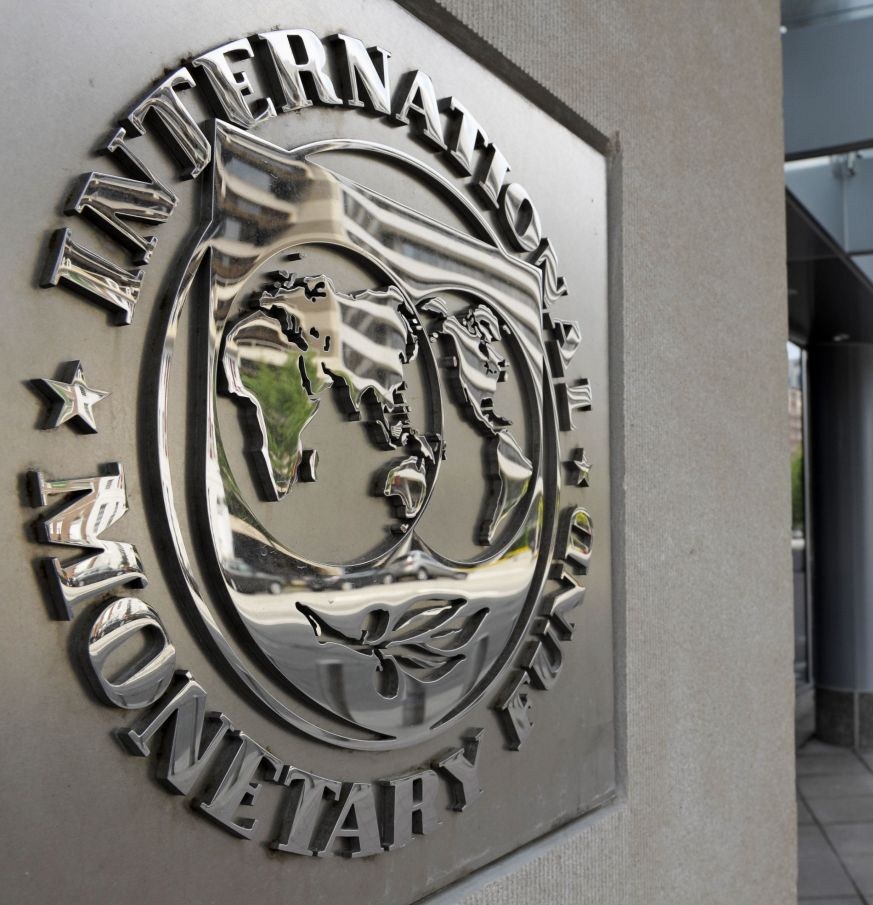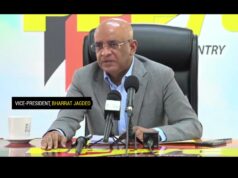The International Monetary Fund (IMF) recently shared with the Government of Guyana concerns about the effect corruption has had on the nation’s fiscal position.
In the document that was seen by this news agency, the IMF said that on the revenue side, corruption led to low tax compliance. On the expenditure side, the financial institution said that corruption undermined the scale, composition, and quality of public spending —skewing it towards big infrastructure projects that generated small economic and social benefit. The Fund said that it also led to inflated procurement costs and off-budget transactions.
Adding this up, the IMF said that the combined effects of lower revenue and wasteful spending resulted in large fiscal deficits and unnecessary debt accumulation for Guyana.
But these pernicious effects are not limited to the public accounts. According to the IMF, they extend to the private sector too. The Fund explained that this is so because corruption was allowed to impede foreign and domestic investment.
Another insidious effect it pointed to was the fact that Guyana ended up with weakened financial oversight and stability. The Fund said that this led to weak lending practices, poor banking supervision, and unwarranted regulatory forbearance—threatening the stability of the financial system overall.
In light of these findings, the IMF informed the government that it has developed an enhanced framework for dealing with governance and corruption. The framework is one which places focus on six specific state functions: fiscal governance; financial sector oversight; central bank governance and operations; market regulation; rule of law; and anti-money laundering and combatting the financing of terrorism.
The Fund said that Governance failures in these six areas are important in their own right.
It said that focusing on these issues allows it to be specific, concrete, and granular—and hopefully to be more helpful in wiping out corruption to a significant extent. The Fund said that this broader focus on governance and not only corruption also reflects the realization that “you cannot fight and solve corruption by throwing everyone in jail.”
The IMF said that indeed, prosecution is important but the most sustainable way to end corruption is to clean the house— by addressing broader governance vulnerabilities that give rise to opportunities for corruption in the first place.













